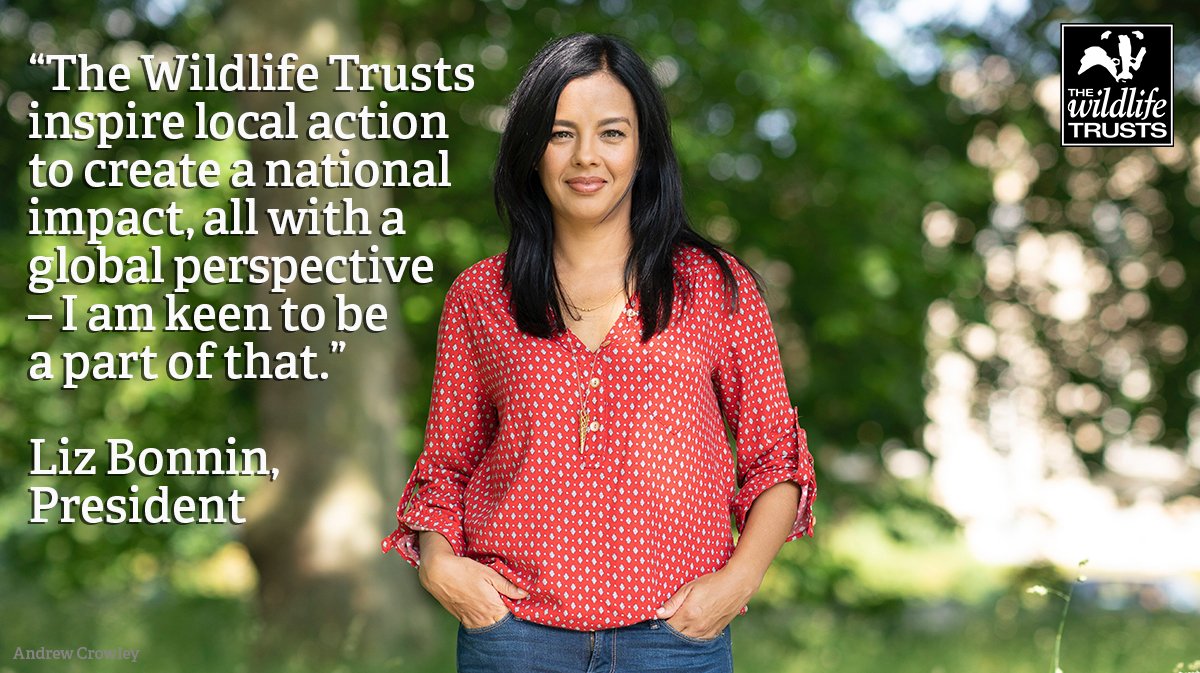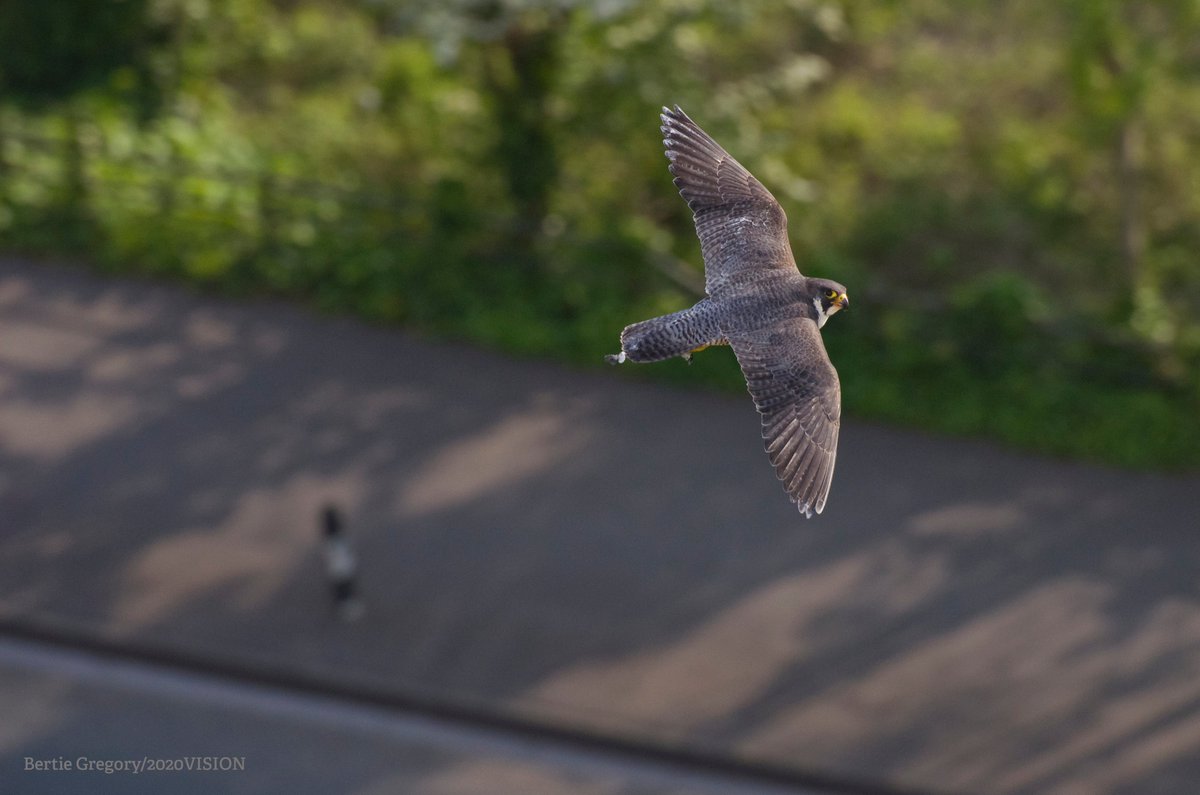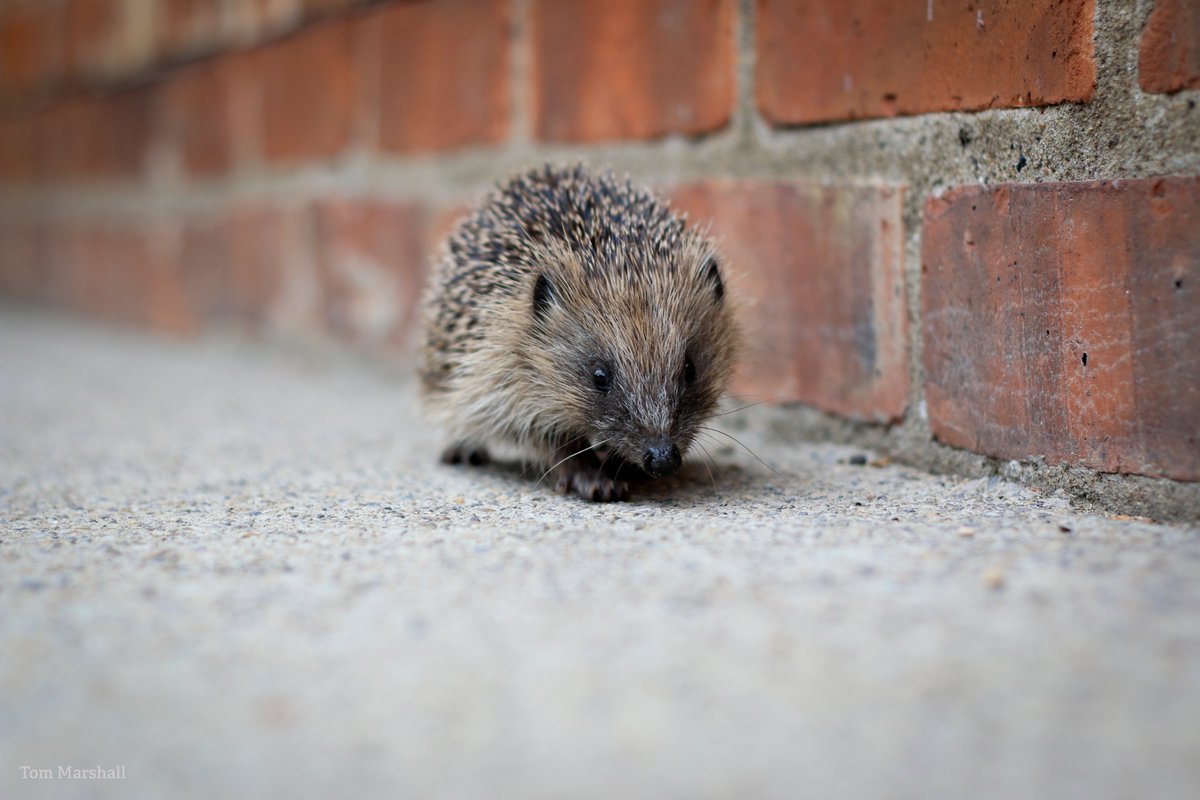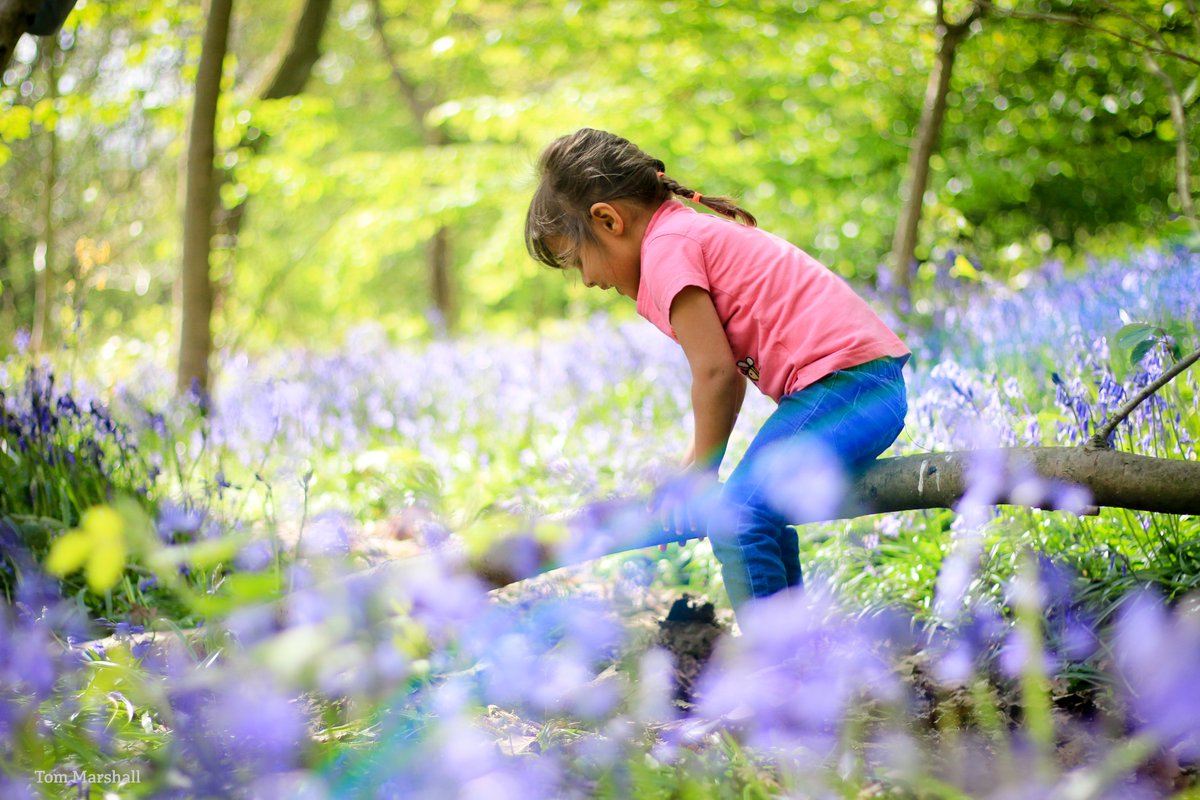
Why does the ban on burning peatlands only apply to some of our designated peatlands, when it should apply to all peatlands? 👇(1/5) gov.uk/government/new… 

Our peatlands are one of our most valuable habitats, and they're a critically important carbon store, often referred to as the UK's rainforests. (2/5) wildlifetrusts.org/what-we-do/nat…
If, in some places, the reason they are being burnt is to prevent wild fires spreading over dry ground, the best way to stop fire happening is to block ditches and help the peat become wet again. (3/5)
It is deeply frustrating that it has taken so long for the Government to commit to this – 14 months after it was first promised. It will be extremely embarrassing if we are still burning any of our peatlands when the climate conference meets at the end of the year. (4/5)
The Government’s own advisors say we need to restore all upland peatlands to meet climate targets. So while it’s a tiny step forward, much greater urgency is needed across a huge range of comparably burning issues to protect our wildlife and tackle climate change. (5/5)
• • •
Missing some Tweet in this thread? You can try to
force a refresh











